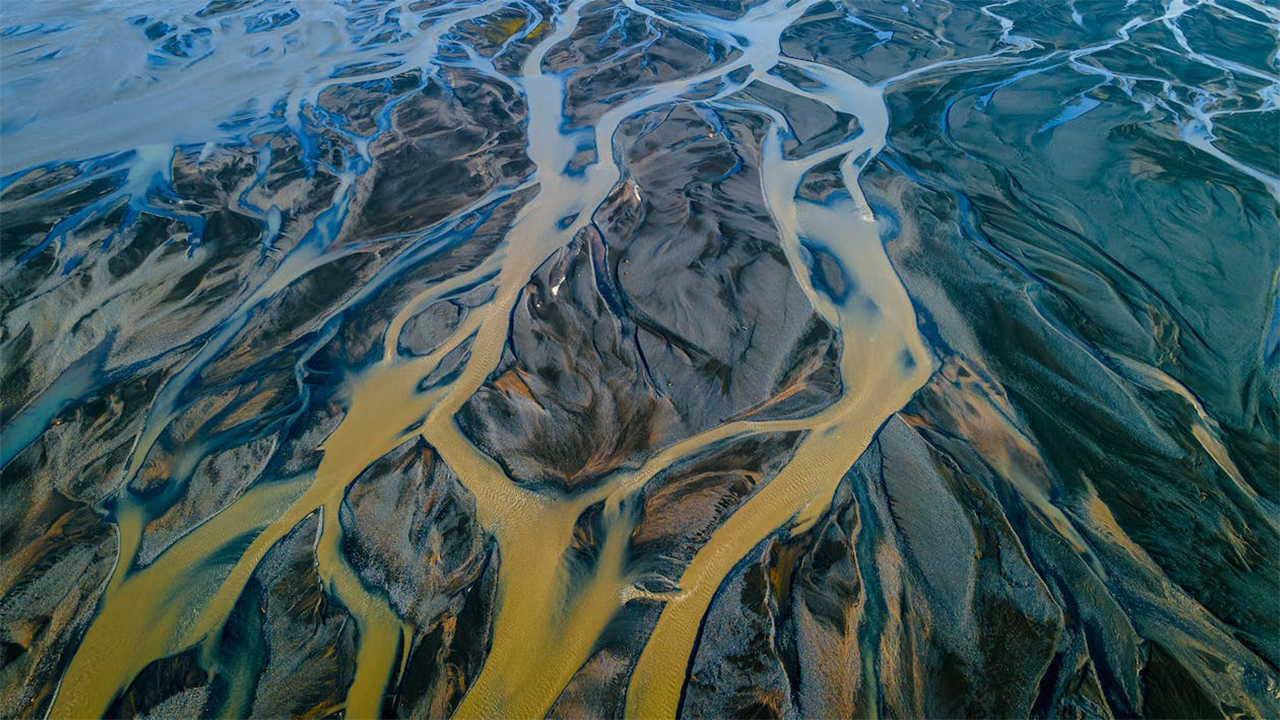Malaysia (Commonwealth) _ Malaysia will draft a policy to prohibit the export of rare earth raw materials in order to avoid resource exploitation and loss, Prime Minister Anwar Ibrahim said on Monday, making it the latest country to restrict shipments of critical minerals.
Malaysia has only a small portion of the world’s rare earth reserves, with an estimated 30,000 metric tons, according to US Geological Survey statistics from 2019. China has the most reserves, with an estimated 44 million tons.
Rare earth is also known as “industrial mono-sodium glutamate” or “vitamins of modern industry” because of its important significance in technological advancement and strategic relevance as a resource for nations.
Its distinct physical and chemical qualities have made it an indispensable component in the creation of new advanced technologies, which are found in practically all modern-day electronics. REE deposits have been discovered in about 34 countries.
The Malaysian government’s decision, on the other hand, comes as the globe seeks to diversify away from China, the world’s largest supplier of crucial rare earth minerals used in computer chips, electric vehicles, and military equipment.
Anwar stated that the government will encourage the development of Malaysia’s rare earths industry and that a ban would “ensure maximum returns for the country.” He did not specify when the planned ban would take effect.
Anwar stated in parliament that the rare earth business is estimated to contribute up to 9.5 billion ringgit ($2 billion) to the country’s GDP in 2025 and provide nearly 7,000 job opportunities.
To preserve the country’s rare earth value chain, detailed mapping of rare earth element sources and a complete business model including upstream, midstream, and downstream businesses will be established, he said.
According to China customs data, Malaysia imported around 8% of its rare earth ores from the Southeast Asian country between January and July of this year. China put limitations on exports of several metals used largely in the semiconductor industry earlier this year, in retaliation for US restrictions on technology sales to China. The restrictions sparked fears that China will restrict exports of other key minerals, such as rare earths.
According to Project Blue analyst David Merriman, the implications of a Malaysian ban is unclear due to a lack of details, but a ban on rare earth ore could hurt Chinese enterprises operating in Malaysia.
According to Merriman, the legislation could have a negative impact on Chinese parties’ potential investment in Malaysia because they have looked to other Asian countries to get unprocessed or mixed rare earth compounds as feedstock for (rare earth) processing plants in southern China.
Lynas Rare Earths Ltd (LYC.AX), Australia’s largest rare earths producer outside of China, has a factory in Malaysia to process concentrate obtained in Australia.
It was unclear whether Malaysia’s intended export ban would affect Lynas, which did not react quickly to a request for comment. Malaysia has put limits on certain of Lynas’ processing operations, citing radiation levels from cracking and leaching as the reason.
Because of the rapid growth of technology, the relevance of rare earth elements (REE) in order to achieve long-term viability. Nonetheless, despite their potential, they face a number of hurdles, including high demand, price swings, supply problems, and volatile geopolitical settings, which impede their recovery attempts.
Malaysia has been involved in the REE business for decades, primarily through the transformation of tin mining byproducts into rare earth minerals (monazite). Lynas, an Australian company, established Lynas Malaysia in the Gebeng Industrial Estate near the Port of Kuantan in Malaysia in 2012, where they separate and process Rare Earth materials from imported monazite (lanthanide concentrate) to produce Rare Earths Oxide (REO). Locals, however, have expressed concern about the generation of radioactive byproducts, sparking an activism movement against Lynas. To counteract this, Malaysia intends to develop a comprehensive REE business plan that makes use of indigenous rare earth materials.








